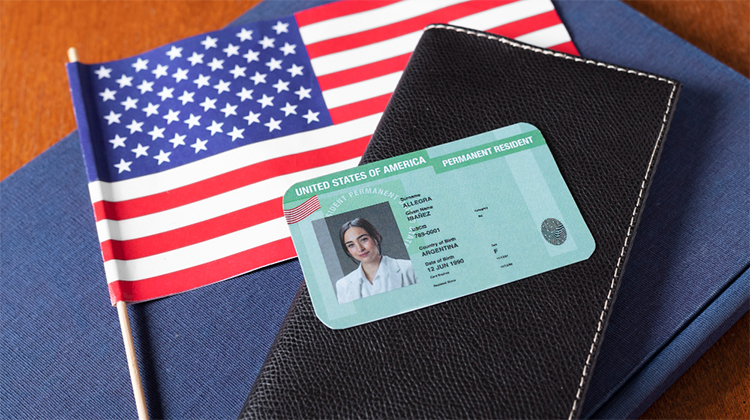The Green Card Process: A Step-by-Step Guide
Obtaining a green card is a major milestone for those seeking permanent residency in the United States. The process begins with determining your eligibility—commonly through family, employment, asylum, or special programs. Next comes the filing of a petition (usually Form I-130 or I-140) by a sponsor or employer. Once approved, you either adjust status (if inside the U.S.) or go through consular processing (if abroad). You’ll then undergo biometrics, attend an interview, and complete a medical exam.
If successful, you’ll receive your green card in the mail. The process may take several months to years, depending on the category and backlog. It’s crucial to file correctly and respond promptly to USCIS requests. Having legal guidance ensures accuracy and improves your chances of success. Let our team assist you at every step of the journey.
Common Immigration Visa Types and Their Requirements
The U.S. immigration system offers a variety of visa types, each with specific purposes and eligibility criteria. Family-based visas (like IR or F categories) allow relatives of U.S. citizens or green card holders to immigrate. Employment-based visas (H-1B, L-1, O-1) are for skilled workers, executives, and individuals with extraordinary abilities. Investor visas (E-2, EB-5) require substantial capital investment in a U.S. business. Student visas (F-1) allow international students to pursue education, while tourist visas (B-2) permit short visits.
Each visa requires supporting documentation, proof of eligibility, and compliance with USCIS or consular processing rules. Errors or incomplete filings can result in delays or denials. That’s why it’s essential to choose the right visa and prepare your case carefully. Our experienced immigration attorneys can help you navigate the options and submit a strong application.
Immigration Challenges and How to Overcome Them
Immigrating to the U.S. is a dream for many, but the path can be filled with legal and emotional challenges. Common obstacles include visa denials, delays in USCIS processing, incomplete documentation, or inadmissibility due to prior violations. Some applicants face uncertainty due to changing immigration policies or fear of deportation. Others struggle with language barriers, adjusting to a new culture, or proving financial stability.
The key to overcoming these challenges lies in preparation and professional support. Having a skilled immigration attorney can make a significant difference—ensuring your paperwork is complete, representing you in court if needed, and keeping you informed of your rights. Our firm helps individuals and families navigate setbacks with compassion and strategy. We believe every immigration journey deserves a fair chance. Let us help you move forward with clarity and confidence.



